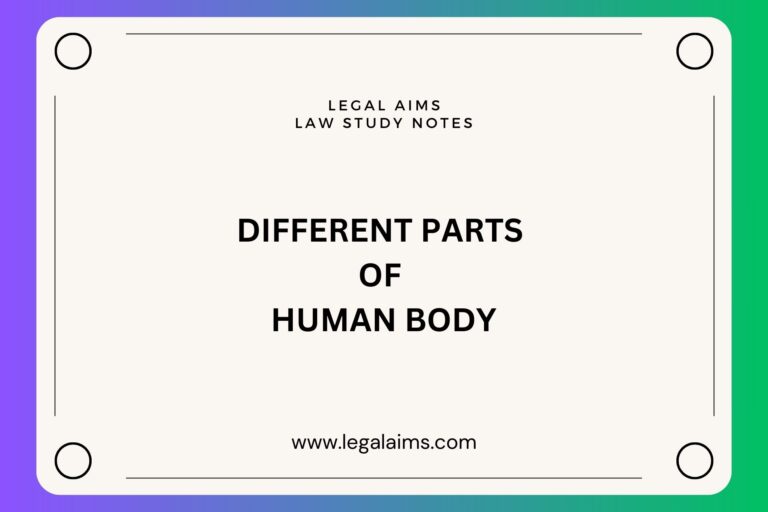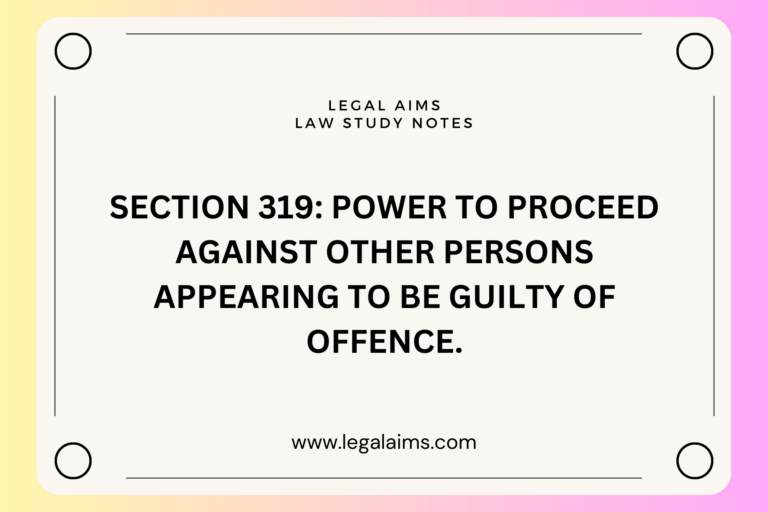Natural School of Law
NATURAL SCHOOL OF LAW :
- The term Natural law means those rules and principles which are supposed to have originated from some supreme sources other than any political or worldly authority.
- The term Natural law derived from the belief that human morality comes from Nature.
- The phrase Natural law has a flexible meaning that has been interpreted differently at different times depending on the needs of the developing legal thought.
- The concept of” Rule of law” in England and India and due process in the USA are essentially based on natural law philosophy.
Ancient Period:
- Heraclitus [530-470 B.C.]:
- Greek Philosopher
- Feature of natural law – destiny, order, reason
- According to him, the reason is one of the essential elements.
- Socrates [470-399 B.C.]:
- A great admirer of truth and moral values.
- According to him, virtue is knowledge and whatever is not virtuous is a sin.
- According to him, justice may be of two kinds.
( Natural uniformly ( Legal differ from
applicable to all places) place to place)
NOTE – (Socrates )
- Two principles of natural justice :
- No one can be a judge in his own case
- Audi alteram partam (let the other side be heard as well)
- Plato [427-347 B.C.]:
- Disciple of Socrates
- According to him, an only intelligent and worthy person should be king.
- Book – Republic [the concept of the ideal state “A man who work for own”]
- Aristotle [384-322 B.C.]:
- Law is related to nature and human
Creation of god
Human insight
{Reason unaffected by desire enable to articulate his actions.}
Medieval Period :
(12th to mid-fourteenth Century
- The main propagates are Saint Ambrose, St. Augustine, Gregory.
- According to the divine law was superior to all other laws.
- According to them, all laws are either divine or human.
- Divine law based on nature or Human law based on custom.
- According to Gierke, the medieval period Christian theology centered around two fundamental principles.
- Unity derived from god, involving none faith, one church, and one empire.
- The supremacy of both law [ divine, man – made]
NOTE –
St. Thomas Aquinas [1225 -1274] classification of law
Law of god – use of god ( external law )
Natural law – pops law ( reason)
Divine law – Priestly ( scriptures)
Human law – Positive law ( sovereign)
Period of Renaissance :
( Modern classical era )
- Renaissance – Rise of humanism – social contract – the emergence of new ideas – knowledge of the different fields.
- Social contract
- Hugo Grotius [1583-1645]:
- Father of international law.
- Work – laws of war and peace ( 1625)
- According to him natural law based on the nature of man and his urge to live in a peaceful society.
- He considered
- Divine law – grandmother
- Natural law – parent
- Positive law – child
- He treated natural law as immutable which cannot be changed by God himself.
- Thomas Hobbes [1588-1679]:
- Propounded theory of social contract related to the evolution of the state.
- He firmly believed in absolute sovereignty which depends on sanction.
- Work – leviathan (1651)
- John Locke [1632- 1704]:
Reject the theory of Hobbes of the social contract According to him man comes under social contract to secure their natural rights and the state and law have a duty to secure them.
Locke pleaded foe the individual liberty.
Some essentials of the doctrine of LAISSEZ FAIRE in the 19th century were found in Locke’s theory.
- LAISSEZ FAIRE – Free market [ individual liberty]
[ minimum interference of govt.]
NOTE –
- Social Contract: An agreement by which members of the society transfer their rights to a person then such agreement as known as a social contract.
- Jean Jacques Rousseau (1712- 1778):
- According to him, a social contract is a hypothetical concept.
- Reject the theory of Hobbes and Locke of a social contract.
- He termed social contract as “ General Will”.
NOTE – Bentham called Natural law theory as simple non – sense due to ambiguous and misleading.
4.The decline of Natural law theory due to 19th-century positivism :
- Decline the principles of LAISSEZ FAIRE due to this the power and authority of the sovereign were weakened.
- 19th century was the period of Analytical school which separates morality from law.
- The main exponent of this school are :
- Stammler
- John Rawls
- Geny
- Fuller
1.Rudolf stammler[1856-1938]:
- According to his law of nature means “ Just Law” which harmonizes the purpose in the society.
- According to him, the purpose of the law is not to protect the will of one but to unite the purposes of all.
- John Rawls [1921-2002]:
- According to him, society is effectively regulated by justice and fairness.
- He propounded two principles of justice –
- Equality
- Social x Economic irregularities are harmonized in such a way that it solves the purpose of society.
- Rawls postulates three levels of justice
- Local Justice
- Domestic Justice
- Global Justice
3. Lon luvois Fuller [ 1902-1978]:
- A leading supporter of modern natural law philosophy.
- According to FULLER law and morality are co-related.



